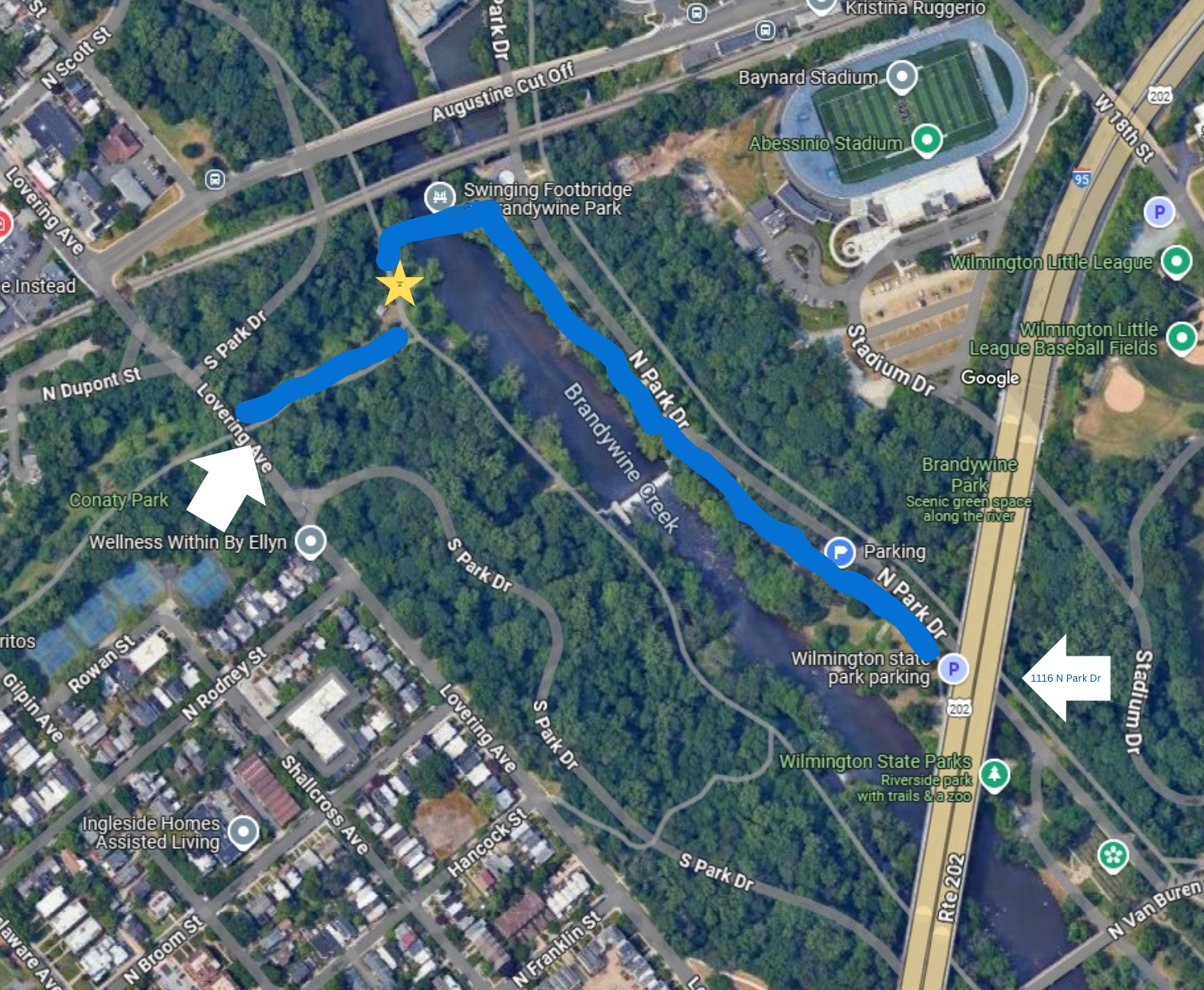Wilmington State Parks is Joining the Monarch Larva Monitoring Project (MLMP)
Are you passionate about nature, conservation, or citizen science? Do you want to make a difference in protecting one of North America's most iconic and threatened pollinators — the monarch butterfly?
The Monarch Larva Monitoring Project (MLMP) needs your help!
Led by the Monarch Joint Venture and the University of Wisconsin–Madison’s Arboretum, MLMP is a national, community science project that tracks monarch egg and larval populations across the U.S. The data collected by volunteers is crucial for understanding how monarch populations are changing and how we can better protect them.
What Is MLMP?
The MLMP was created to better understand the distribution and abundance of monarchs during their breeding season. Volunteers across the country monitor milkweed plants for monarch eggs and caterpillars, contributing data that is used by scientists and conservationists to inform national strategies for monarch recovery.
What Do Volunteers Do?
-
Monitoring site — WSP has designated a site in Brandywine Park near Habitat Hill. Directions: Park in Brandywine Park, walk over swinging bridge and the monitoring site is right there. Or Park on Lovering Ave and walk down the hill to the site.

-
Visit regularly — Monitor your site weekly (or as often as possible) during the monarch breeding season (typically late spring through early fall).
-
Collect data — Count milkweed stems, monarch eggs, and larvae. Report any predators or parasitoids you observe.
-
Submit observations online — Your data helps scientists identify important breeding areas, population trends, and conservation needs.
No Experience Necessary!
WSP will provide training guides, online resources, and data entry tools. Whether you're a seasoned naturalist or a curious beginner, you'll be fully supported every step of the way. Training opportunities are available online and sometimes in person through partner organizations.
Who Can Participate?
-
Individuals and families
-
Classrooms and youth groups
-
Scout troops, nature centers, and environmental organizations
-
Anyone with a love of nature and a little free time!
Why It Matters:
Monarch populations have declined dramatically in recent decades due to habitat loss, pesticide use, and climate change. By monitoring larvae and eggs, we gain a better understanding of how and where monarchs are reproducing — and how to protect them.
Ready to Make a Difference?
Learn more at: https://mlmp.org/about
Help monarchs one milkweed at a time


